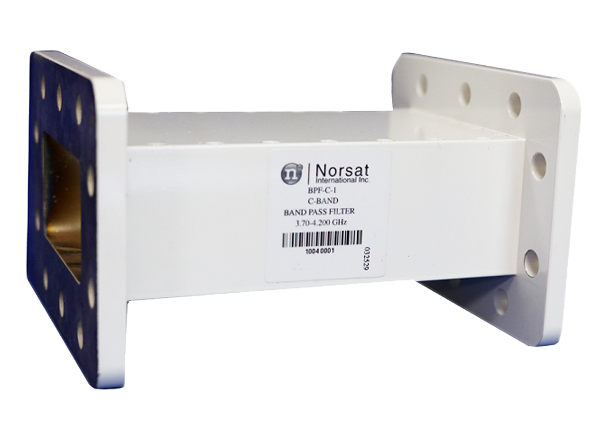Prior to being employed by a Taiwanese government agency, they asked me to help them find & buy sensitive dual use equipment from a Western supplier.
The Western supplier’s sales rep asked for more details about who the end user will be.
As a matter of professional courtesy, I asked the Director General of the TW government agency what I should say, fully expecting him to name his agency. To my surprise, he told me to point to a Taiwanese university as the end user.
When I checked with the Director of R&D of the university whether they were happy that I name them as the end user, he said I should declare myself to be the end user.
So effectively we have a nice chain of whodunnit going on here: Taiwanese government agency points to the university, university points to me.
The fact of the matter was that the Taiwanese government agency was buying the equipment, so they should be the end user. To declare anything else is either misinformed/incompetent, or fraudulent. A visiting researcher (me) shouldn’t even be expected to sign an end user declaration, let alone declare themselves to be the end user. If a university is buying it, their purchasing department should be responsible. At this stage I wasn’t employed by either the government agency or the university.
I of course refused to co-operate. The Taiwanese government agency that offered me a job here didn’t honor their word, so I came to Taiwan for nothing.
What should I do about it?
